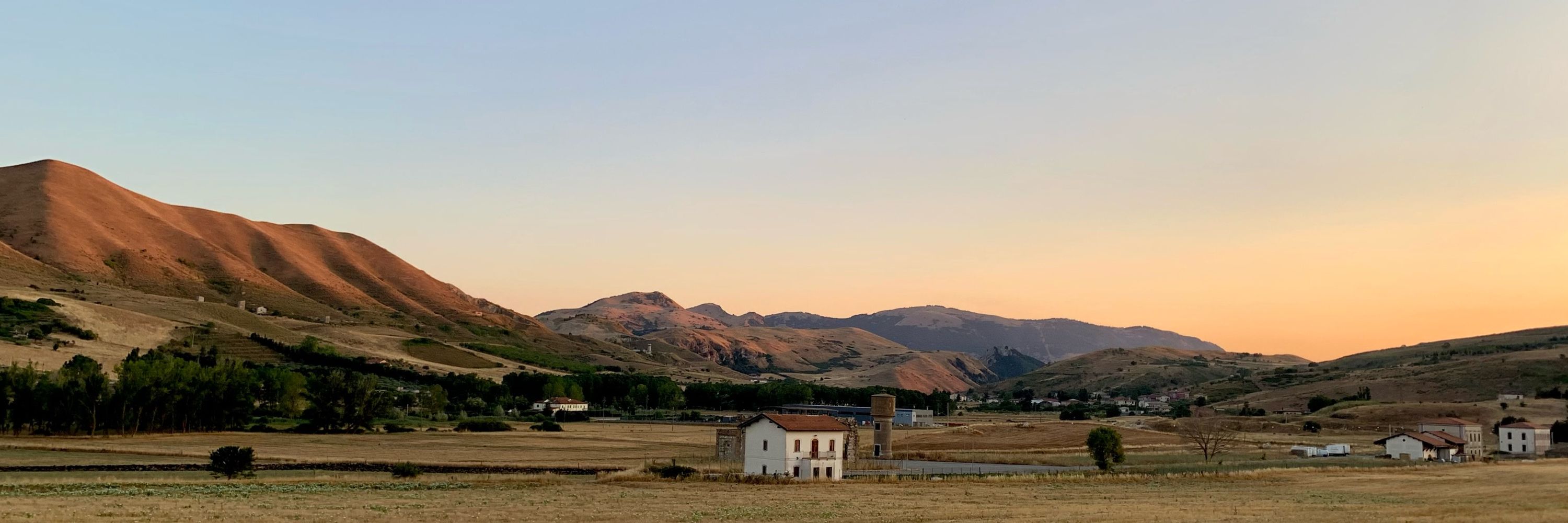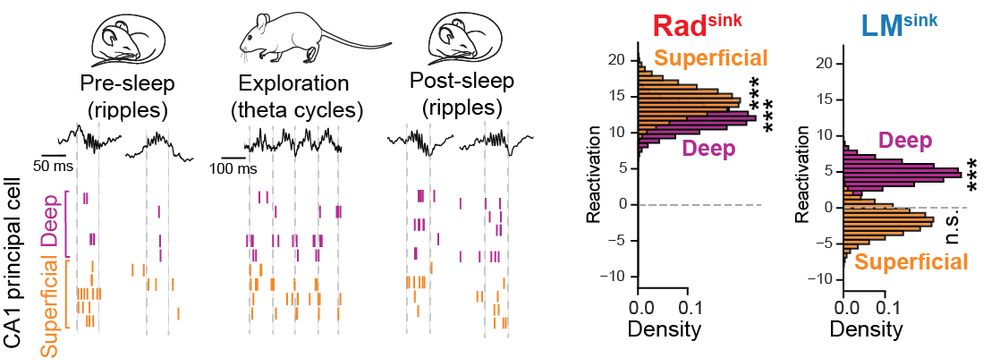
Yeah very interesting things might be going on from CA1 to PFC ! Very cool discussion :)
Yeah very interesting things might be going on from CA1 to PFC ! Very cool discussion :)
Howevere, throughout post-sleep, LMsink prior motifs gradually shift to recent ones, mainly driven by deep cells (Fig. S7). We suggest in the discussion that this may involve hippocampal–entorhinal loop dynamics.
Howevere, throughout post-sleep, LMsink prior motifs gradually shift to recent ones, mainly driven by deep cells (Fig. S7). We suggest in the discussion that this may involve hippocampal–entorhinal loop dynamics.

@vitorlds.bsky.social and David. I also thank the reviewers, whose input greatly improved the paper.
(11/11)
@vitorlds.bsky.social and David. I also thank the reviewers, whose input greatly improved the paper.
(11/11)
Check the paper out: sciencedirect.com/science/arti...
(10/11)

Check the paper out: sciencedirect.com/science/arti...
(10/11)
(9/11)

(9/11)
(8/11)

(8/11)
(7/11)

(7/11)
(6/11)

(6/11)
(5/11)

(5/11)
🔗 github.com/mcastelli98/...

🔗 github.com/mcastelli98/...
(3/11)

(3/11)
(2/11)

(2/11)
(1/11)
(1/11)
Amazing figures 🙌🏻
Amazing figures 🙌🏻

